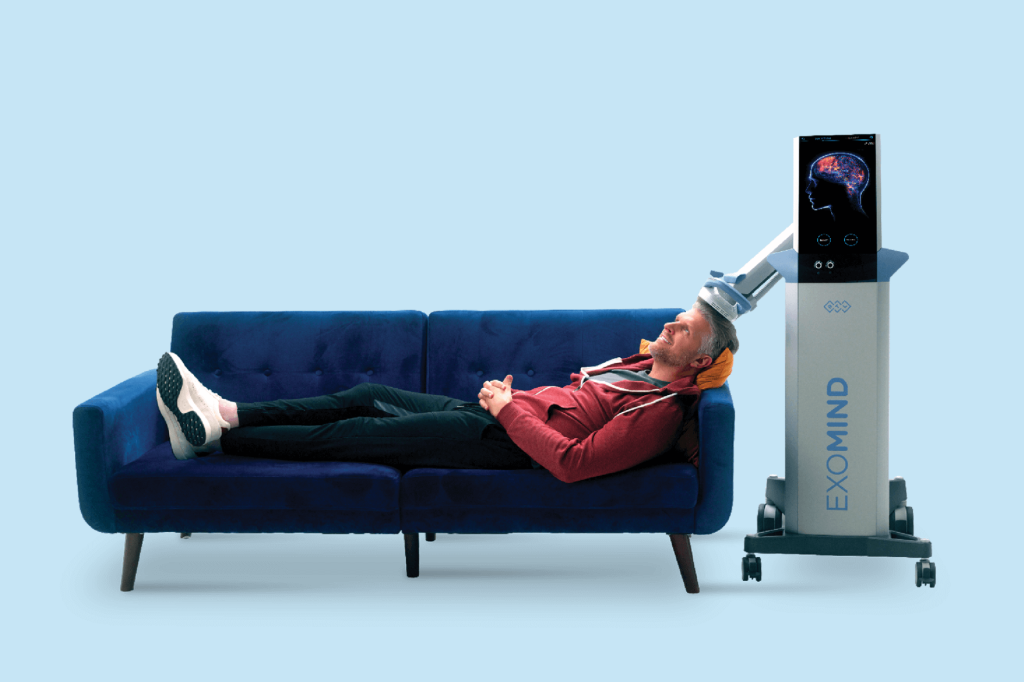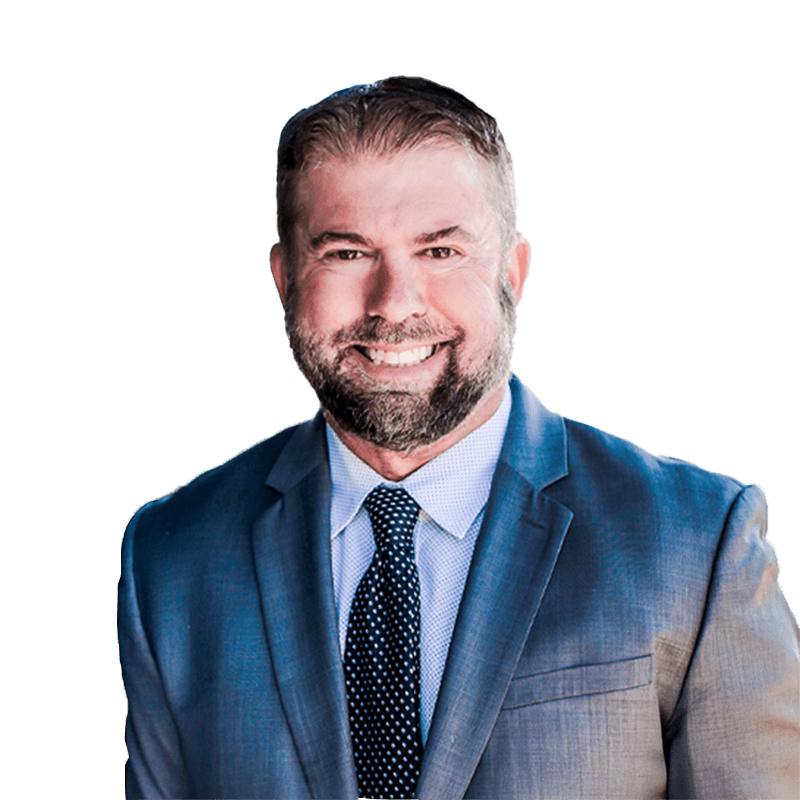The Relationship Between Concussion, Low Blood Sugar, and Brain Function
By Brad R. Ralston, D.C., DACNB, FABBIR
One of the most common problems I find in patients who have post-concussion syndrome is hypoglycemia (low blood sugar/low glucose). Low blood sugar is characterized by feeling weak, tired, shaky, angry, or nauseated. Some patients who have those symptoms fail to realize that the cause is low blood sugar and that eating would make them feel better.
People have certain habits and tendencies in regards to their eating. People who were skipping meals before a concussion are likely to skip meals after a concussion and not realize the impact that has on their long-term recovery. In addition, because your activity level drops dramatically in the days following a concussion, your normal appetite triggers are not as prevalent.
This is why low blood sugar is a problem: Glucose is the fuel that powers your brain, and when you’re not eating enough, your brain isn’t getting the energy it needs to function normally. You need to provide adequate fuel for your brain every day, especially following a concussion.
What Happens to the Brain and Body After a Concussion
After sustaining a concussion, the body enters a hyperexcitable phase characterized by sensitivity to light and sound and overstimulation of the brain. During this phase, the brain uses all of its stored glucose. To restore glucose reserves, you need to eat regularly and get adequate caloric intake; otherwise, your brain will continue operating on decreased glucose, which interferes with your recovery.
So, what can you do to boost your brain’s healing power? We often recommend that patients who have a concussion try to eat an Atkins-style or keto-style (higher-protein, higher-fat, low-carb) diet for a couple of weeks. Fat feeds the brain, and it’s superior to carbohydrates in supplying long-lasting fuel for the brain.
After a few weeks on this brain-recharging diet, we can test your fasting glucose levels to see if they’ve stabilized. If they have, you should notice an improvement in your symptoms.
If you need help with concussion or post-concussion symptoms, please call us at (317) 848-6000.
NEAUROHEALTH SERVICES
Get back to feeling like yourself naturally. Natural treatment for neural and chronic pain.
CATEGORIES
Recent Articles
ExoMind™ : A New Era of Brain Health & Recovery
Introducing ExoMind™ at NeuroHealth Services: A New Era of Brain Health & Recovery By Dr. Brad Ralston,…
Understanding the Brain’s Cognitive Landscape: The Areas of the Brain and Their Processes
On the NeuroHealth Blog, we’ve explored a range of the common symptoms we treat at Neurohealth Services,…
How Does Functional Neurology Treat Vestibular Disorders?
Many of the conditions we treat at Neuroheatlh Services involve disorders of the inner ear or the…
Is Neurorehabilitation for you?
NeuroHealth provides neurorehabilitation for all ages, specializing in treatment for vertigo, migraines, post-concussion syndrome, and other neurological disorders. Contact our office today.




